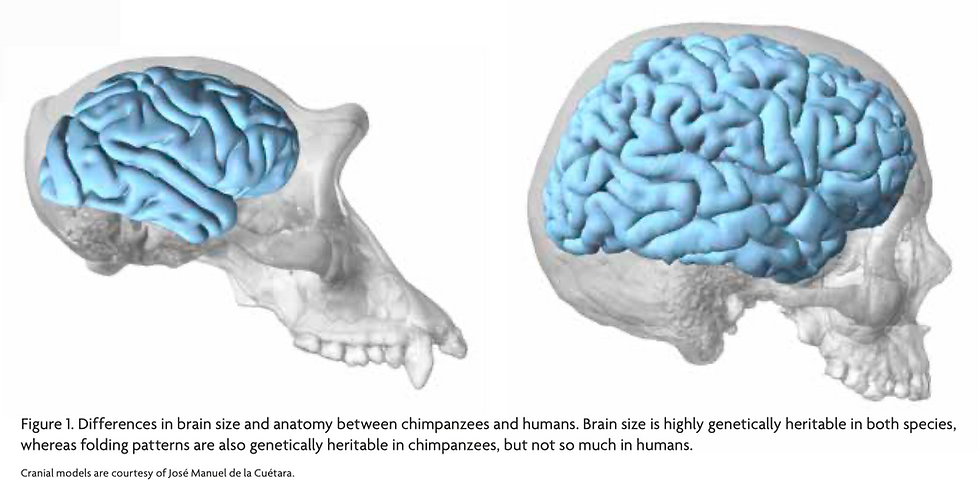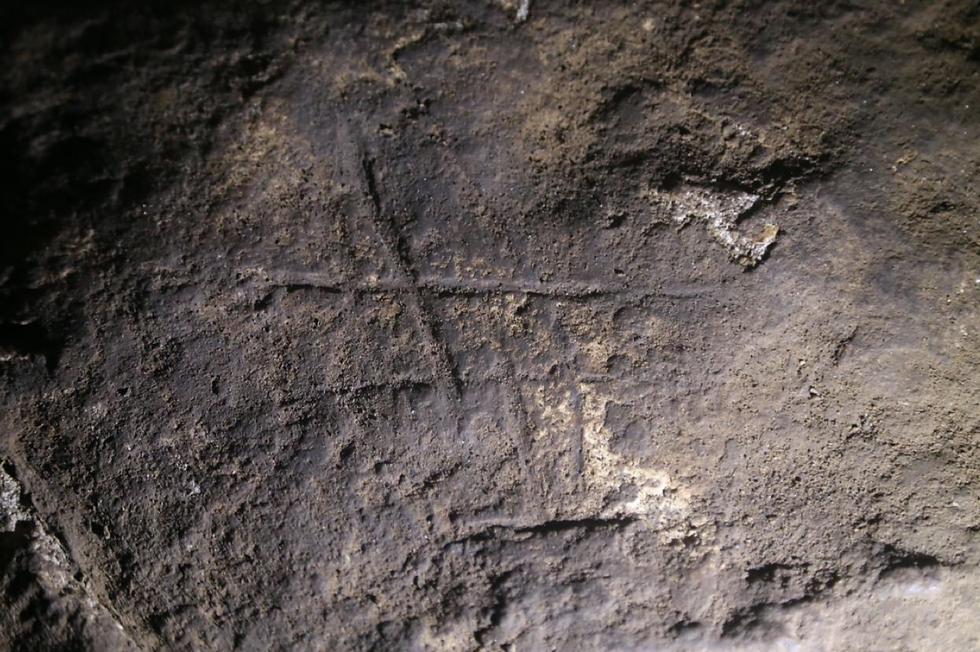The Cosmic Pyramid Inverted: Reading Darwin's Dangerous Idea
- Wu, Bozhi

- Nov 17, 2018
- 2 min read
Updated: Nov 5, 2019

“If I were to give an award for the single best idea anyone has ever had, I'd give it to Darwin, ahead of Newton and Einstein and everyone else” (Dennett 21). This is the high appraisal that philosopher Daniel Dennett has offered to Darwin’s idea in his book Darwin’s Dangerous Idea (DDI). Expressed the concepts of evolution and natural selection through On the Origin of Species, Darwin has led to a genuine revolution. And his idea, as Dennett has put it, really likened to a universal acid, which “eats through just about every traditional concept, and leaves in its wake a revolutionized world-view, with most of the old land-marks still recognizable, but transformed in fundamental ways” (63). Then, what indeed has Darwin brought us? What has been taken place by his “dangerous idea”? Why is it “dangerous” after all? And, what are the implications and insights that we can derive from it?

The Cosmic Pyramid Inverted
Creationists, as the name denotes, tend to believe the existence of an ultimate being – say God – who had designed fundamental laws of nature and created all the organisms in this world, including human beings. In other words, they consider it as an top-down process, a designing process. To understand this idea, please just imagine finding an old, broken watch while you were wandering on the beach. Definitely, you would believe that this watch must have a watchmaker who had designed it and put all its components together. By intuition, no one would say that it was a creation of nature, a product by chance, with all the molecules just happen to line up in such an amazing pattern, forming a workable machinery that tells the time. One important thought to grab from this illustration is that, the process is almost always top-down, from one with higher complexity to a lower one. It seems intuitive that no watch can ever produce a watchmaker. Many people have therefore been convinced that, by the same token, the wonderful creatures like human beings must also have a creator – some existence with higher complexity than us – who deliberately designed and created us, even bestowed us the very “unique” properties such as self-consciousness, autonomy, responsibility, moral agency, and so on.
Until now, everything appears to be really coherent and reasonable. And, indeed, a lot of people are truly satisfied with this kind of reasoning, believing the existence of God, and the “fact” that it has once created all the living creatures. Nevertheless, the problem, instead of being solved, actually becomes a step more complicated: who has created God? It is simply an infinite loop, with no apparent, logical destination.
Notwithstanding the popularity of this idea, Darwin has offered us a completely innovative alternative – a bottom-up possibility. With the process of evolution, which includes mechanisms like natural selection, descents with modifications, and so on, the direction of the cosmic pyramid can be inverted. Instead of following the logic declared above, with Mind being created by God and Design being created by Mind, all these levels could possibly develop from Nothing, in a bottom-up manner, like from 0 to 1.
To be continued...
Bibliography
Dennett, D. C. (1996). Darwin's dangerous idea: Evolution and the meanings of life. New York: Simon & Schuster.



Comments